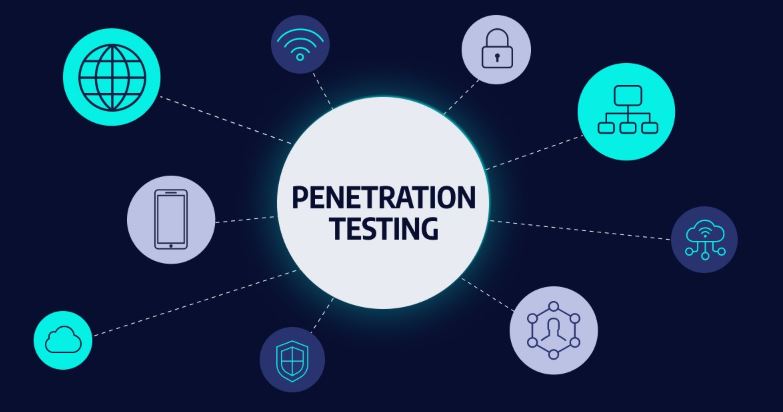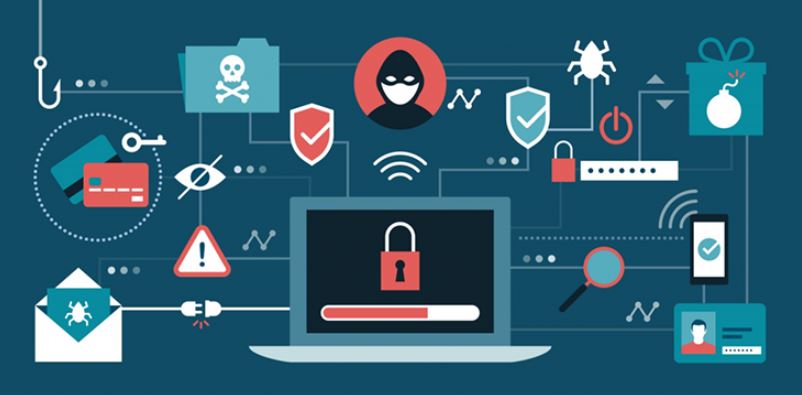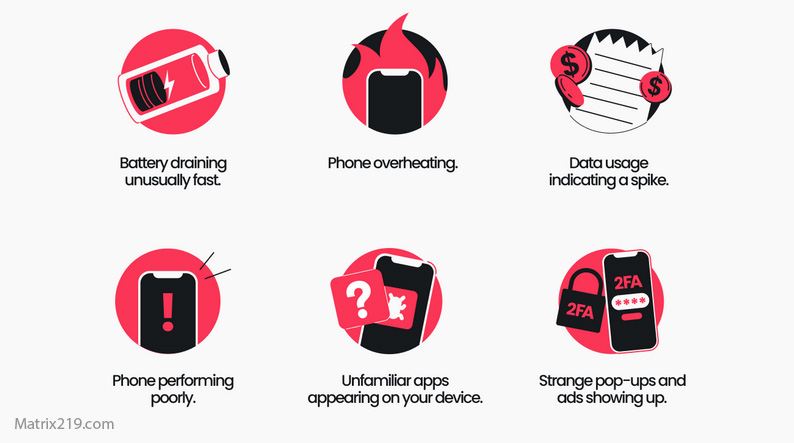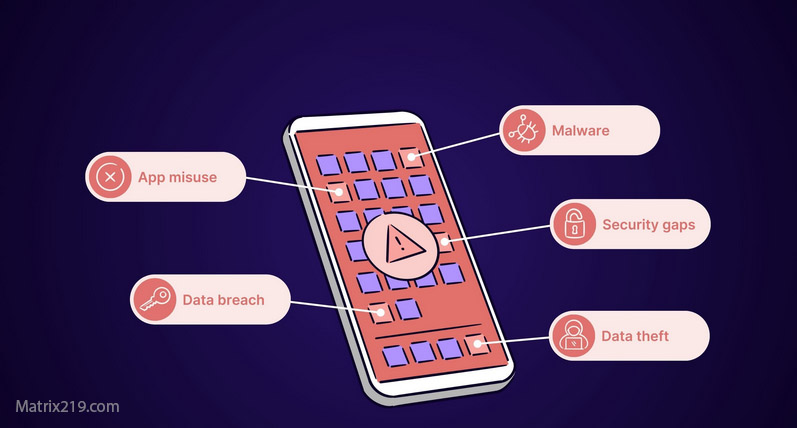Small businesses are increasingly targeted by cybercriminals because they often have fewer security measures in place than large corporations. Cyberattacks such as ransomware, phishing, data breaches, and malware can disrupt operations, cause financial losses, and damage reputation.
Investing in cybersecurity services for small business is not a luxury—it’s a necessity. These services provide protection against evolving cyber threats, ensuring business continuity and customer trust.
This article provides a detailed overview of cybersecurity services, why small businesses need them, the types of services available, best practices, and how to choose the right solutions for your enterprise.
Why Small Businesses Are Vulnerable
Limited IT Resources
Many small businesses lack dedicated IT teams, making it difficult to manage and monitor security.
Lack of Awareness
Employees may not be trained in cybersecurity best practices, increasing the risk of phishing and social engineering attacks.
Financial Constraints
Small businesses often delay security investments, leaving systems vulnerable.
Regulatory Requirements
Even small businesses must comply with regulations like GDPR, HIPAA, or PCI DSS if they handle sensitive customer data.
Key Benefits of Cybersecurity Services for Small Businesses
Protect Sensitive Data
Safeguard customer information, financial records, and business secrets from theft.
Ensure Business Continuity
Prevent costly downtime caused by cyber incidents, ensuring smooth operations.
Reduce Financial Loss
Avoid ransomware payments, fraud, and other cyber-related losses.
Build Customer Trust
Demonstrate commitment to data security, increasing confidence and loyalty.
Compliance and Legal Safety
Cybersecurity services help meet regulatory standards and avoid penalties.
Essential Cybersecurity Services for Small Businesses
Managed Security Services (MSS)
Outsourced monitoring and management of security systems, including firewalls, intrusion detection, and threat intelligence.
Network Security
- Firewall setup and management
- Intrusion detection and prevention
- Secure Wi-Fi and VPN solutions
Endpoint Protection
- Antivirus and anti-malware solutions for devices
- Patch management and vulnerability scanning
Cloud Security
- Secure cloud storage and applications
- Access control and encryption
- Continuous monitoring for unauthorized access
Email Security
- Phishing protection
- Spam filtering
- Email encryption
Data Backup and Recovery
- Regular automated backups
- Disaster recovery planning
- Cloud-based and offline backup solutions
Penetration Testing and Vulnerability Assessment
- Ethical hacking to find weaknesses
- Risk assessment and mitigation strategies
- Prioritizing vulnerabilities based on severity
Security Awareness Training
- Employee education on phishing, password management, and secure practices
- Simulated attacks to reinforce training

How to Choose the Right Cybersecurity Services
Assess Your Business Needs
- Identify critical assets and systems
- Determine potential risks and threats
- Define goals for cybersecurity investment
Evaluate Service Providers
- Check certifications and experience
- Read customer reviews and case studies
- Assess response times and support availability
Consider Cost vs. Value
- Balance budget constraints with necessary security coverage
- Managed services can often be more cost-effective than hiring full-time staff
Prioritize Scalability
- Choose services that grow with your business
- Ensure cloud and network solutions can handle expansion
Best Practices for Small Business Cybersecurity
Regular Software Updates
Keep operating systems, apps, and firmware up-to-date to patch vulnerabilities.
Strong Password Policies
- Use complex, unique passwords
- Implement multi-factor authentication (MFA)
Data Encryption
Encrypt sensitive data at rest and in transit to protect against breaches.
Backup Strategy
- Follow the 3-2-1 rule: 3 copies, 2 media types, 1 offsite
- Test recovery procedures regularly
Monitor Systems Continuously
Use managed security services or monitoring tools to detect threats early.
Employee Training
Regularly educate employees on cybersecurity risks and safe practices.
Common Cyber Threats Facing Small Businesses
Ransomware
Malware that encrypts files and demands payment for decryption.
Phishing and Social Engineering
Tricking employees into revealing credentials or installing malware.
Insider Threats
Disgruntled employees or accidental errors can compromise security.
Malware and Viruses
Can infect devices and networks, causing operational disruptions.
Cloud Security Risks
Misconfigured cloud storage or weak access controls leading to data exposure.

Emerging Trends in Small Business Cybersecurity
AI and Machine Learning
AI-powered tools can detect anomalies and potential attacks faster.
Zero Trust Security Model
Trust nothing by default, verify every device, user, and transaction.
Cloud Security Enhancements
Increased adoption of secure cloud platforms and continuous monitoring.
Integration with Managed Services
Outsourcing cybersecurity to managed service providers ensures expertise without hiring full-time staff.
Cost of Cybersecurity Services for Small Businesses
Factors Affecting Costs
- Number of devices and systems to protect
- Type and level of service required
- Frequency of monitoring and reporting
- Size and complexity of the network
Typical Price Ranges
- Basic Services: $500–$2,000 per year
- Managed Security Services: $1,500–$10,000 per year
- Advanced Penetration Testing: $3,000–$15,000 per engagement
Choosing Between In-House vs. Outsourced Security
In-House Security
- Pros: Full control, tailored solutions
- Cons: High cost, difficult to maintain skilled staff
Outsourced / Managed Services
- Pros: Expert teams, cost-effective, 24/7 monitoring
- Cons: Limited direct control, dependency on vendor
Case Studies of Small Business Cybersecurity Success
Example 1: Retail Business
Implemented managed network security, endpoint protection, and employee training. Result: No data breaches over 3 years, improved customer trust.
Example 2: Health Clinic
Deployed cloud security solutions, backup strategies, and regulatory compliance checks. Result: Protected sensitive patient data and avoided fines.
Example 3: Tech Startup
Hired ethical hackers for penetration testing and vulnerability assessments. Result: Fixed multiple critical vulnerabilities before launching the platform.
Conclusion
Cybersecurity services for small business are no longer optional—they are essential to safeguard sensitive data, protect finances, maintain customer trust, and ensure regulatory compliance. By combining managed services, endpoint protection, employee training, and regular vulnerability testing, small businesses can significantly reduce risks and operate securely in today’s digital landscape.
Investing in the right cybersecurity services ensures that small businesses can grow with confidence while staying protected against ever-evolving cyber threats.





